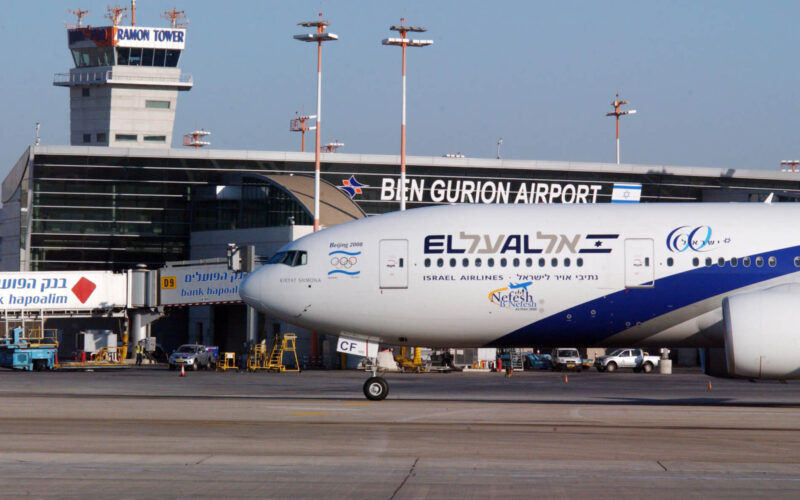After being pressured by the United States, Israel agrees to open its skies for foreign airlines.
On February 12, 2021, the US Department of Transportation filed a complaint with Israel, alleging an unfair treatment of airlines as the only carriers authorized to operate emergency flights were El Al and Israir, Israel’s two major airlines. Meanwhile, the US airlines that fly to Israel, such as United Airlines and Delta Air Lines, have only been able to operate their flights as cargo service. The US claimed that Israel might be violating the Open Skies Agreement signed in 2010 between the two countries.
“Delta is not currently operating passenger services between Israel and the United States because of the ongoing government restrictions. Delta’s application for authority to operate flights to repatriate people in both directions was denied by the government of Israel,” a spokesman for Delta Air Lines told CNN on February 12, 2021.
Following the COVID-19 restrictions due to emerging virus variants, Israel’s airports have been closed for foreign airlines since January 25, 2021. The country’s main international airport, Ben Gurion Airport (TLV), has been opened only for a few Israeli airlines operating emergency repatriation flights.
On February 14, 2021, the representatives from the Israel Airport Authority, National Security Council and Transportation Ministry met to discuss the complaint from Washington and to try to defuse the tensions. After the meeting, the Israeli government announced the reopening of Ben Gurion Airport beginning February 20, 2021. However, the quota for a number of passengers allowed to enter the country daily was set at 2,000. Arriving travelers will reportedly have to self-isolate in state-run quarantine hotels, unless they’ve been vaccinated or have recovered from COVID-19.
“The entrance of 2,000 people a day via the airport will be allowed, and we will approve the inclusion of foreign airlines,” said a spokesperson from the Israeli Transportation Ministry.
After the resolution to reopen the main airport, Israel’s Prime Minister Benjamin Netanyahu outlined that Israel will “continue to strictly guard its borders – by land, by sea and by air,” while acknowledging it may “be called on to perform some adjustments, specifically in the air.”

